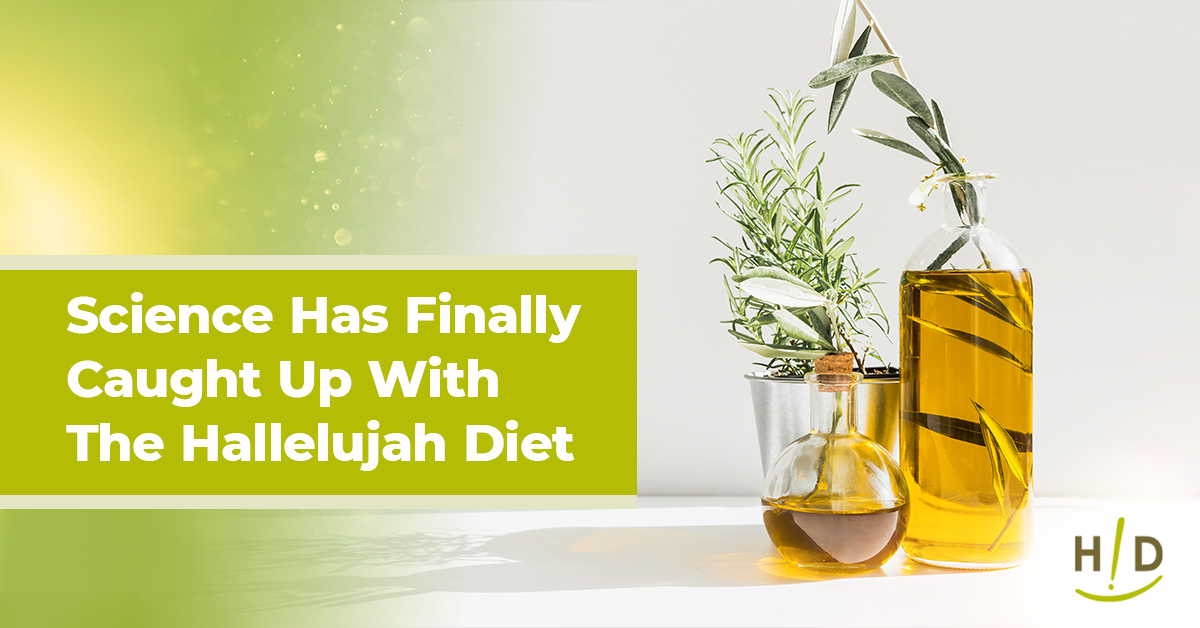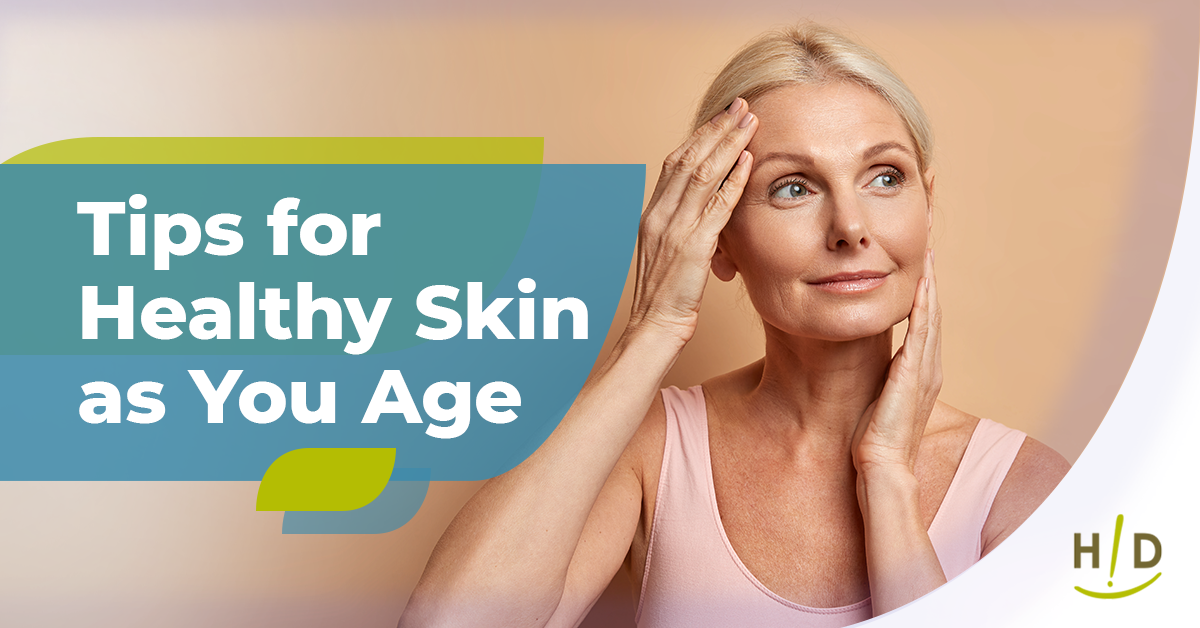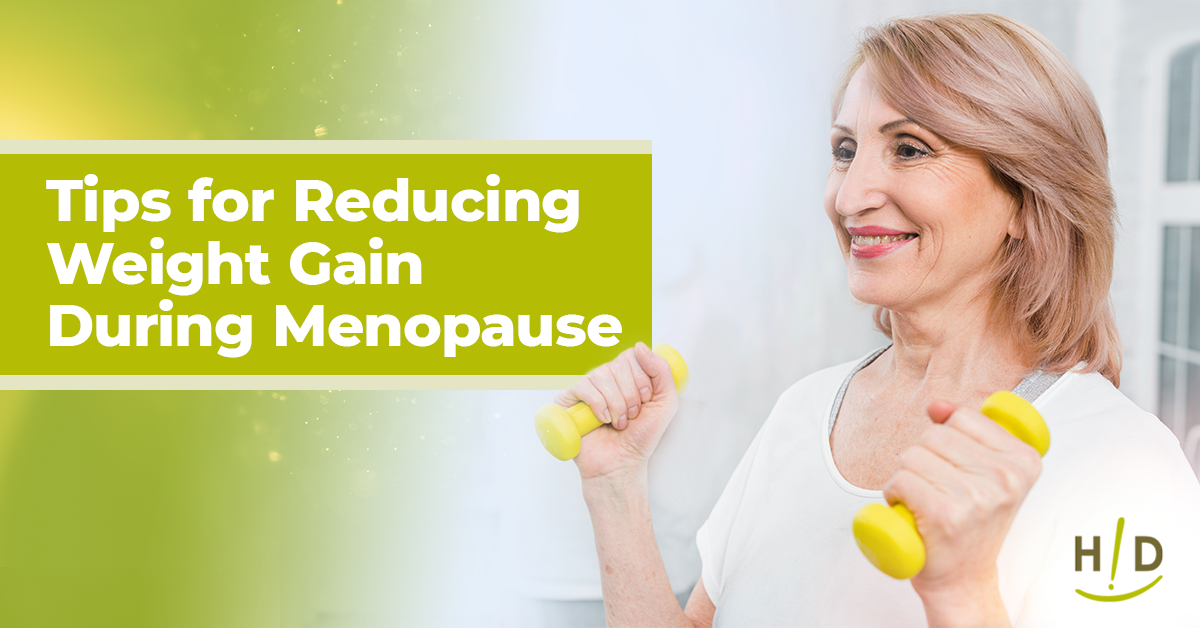The song says a spoonful of sugar helps the medicine go down, but an Iowa State University scientist has published new research suggesting a spoonful of oil makes vegetables more nutritious.
A new study led by Wendy White, an associate professor of food science and human nutrition, shows that eating salad with added fat promotes the absorption of eight different micronutrients that promote human health. Conversely, eating the same salad without the added oil lessens the likelihood that the body will absorb the nutrients.
The study appeared recently in the peer-reviewed American Journal of Clinical Nutrition, and the results may ease the guilt of countless dieters who fret about adding dressing to their salads.
White's study found added oil aided in the absorption of seven different micronutrients in salad vegetables. Those nutrients include four carotenoids -- alpha and beta carotene, lutein and lycopene -- two forms of vitamin E and vitamin K. The oil also promoted the absorption of vitamin A, the eighth micronutrient tracked in the study, which formed in the intestine from the alpha and beta carotene. The new study builds on previous research from White's group that focused on alpha and beta carotene and lycopene.
White said better absorption of the nutrients promotes a range of health benefits, including cancer prevention and eyesight preservation.
The study also found that the amount of oil added to the vegetables had a proportional relationship with the amount of nutrient absorption. That is, more oil means more absorption.
"The best way to explain it would be to say that adding twice the amount of salad dressing leads to twice the nutrient absorption," White said.
That doesn't give salad eaters license to drench their greens in dressing, she cautioned. But she said consumers should be perfectly comfortable with the U.S. dietary recommendation of about two tablespoons of oil per day.
The study included 12 college-age women who consumed salads with various levels of soybean oil, a common ingredient in commercial salad dressings. The subjects then had their blood tested to measure the absorption of nutrients. Women were chosen for the trial due to differences in the speed with which men and women metabolize the nutrients in question.
The results showed maximal nutrient absorption occurred at around 32 grams of oil, which was the highest amount studied, or a little more than two tablespoons. However, White said she found some variability among the subjects.
"For most people, the oil is going to benefit nutrient absorption," she said. "The average trend, which was statistically significant, was for increased absorption."
So a spoonful or two of healthy salad dressing may indeed help you derive the optimal nutritional benefit from your veggies.
We aren’t proponents of soybean oil for various reasons, two of them include: most soy is genetically modified and that type of soy acts as a form of estrogen to the body which nearly everyone will find detrimental to their health.
The oil we suggest would come in the form of avocado, olive, coconut and grapeseed oils.
While this is a new study, our Director of Research Michael Donaldson, PhD, recommended to us 10 years ago, that consuming our BarleyMax with our meals would actually enhance the absorption of the nutrients since our meal would likely contain some fat. It appears that science has finally caught up with Hallelujah Diet!
The phrase “A spoonful of sugar and the medicine goes down”, however, has no credibility as sugar has been proven to be harmful to the body so if it were added to medicine, then the negative synergy would likely prove even more deadly.
Journal Reference:
- Wendy S White, Yang Zhou, Agatha Crane, Philip Dixon, Frits Quadt, Leonard M Flendrig. Modeling the dose effects of soybean oil in salad dressing on carotenoid and fat-soluble vitamin bioavailability in salad vegetables. The American Journal of Clinical Nutrition, 2017; 106 (4): 1041 DOI: 3945/%u200Bajcn.117.153635






